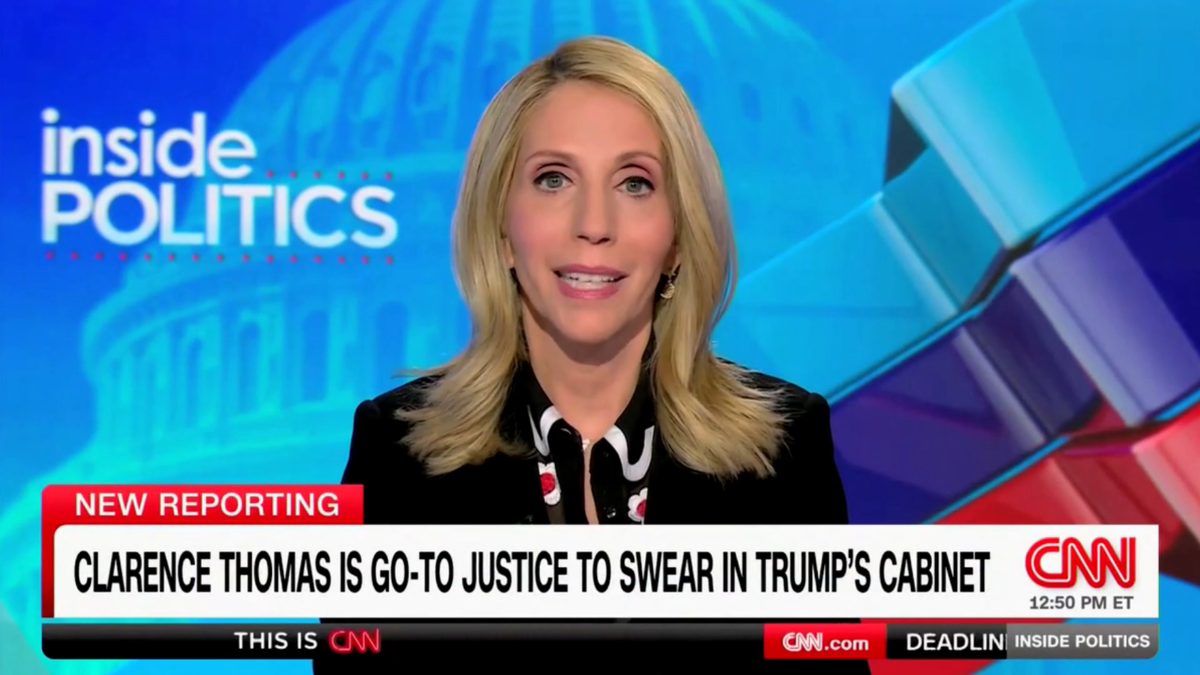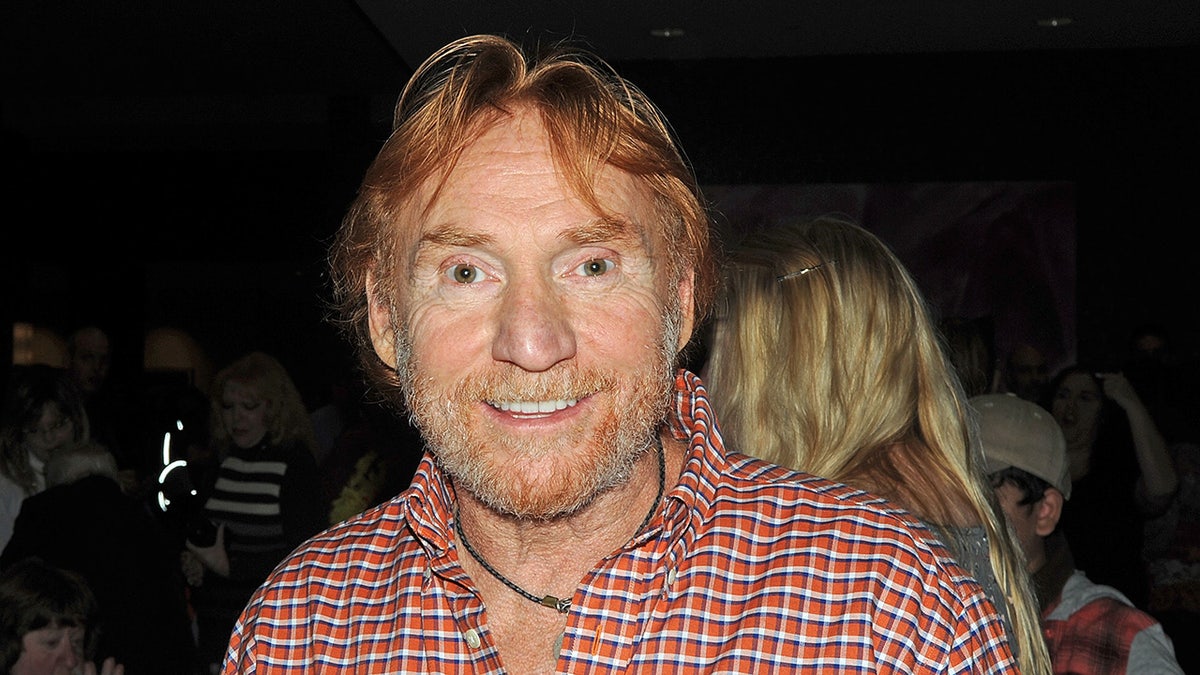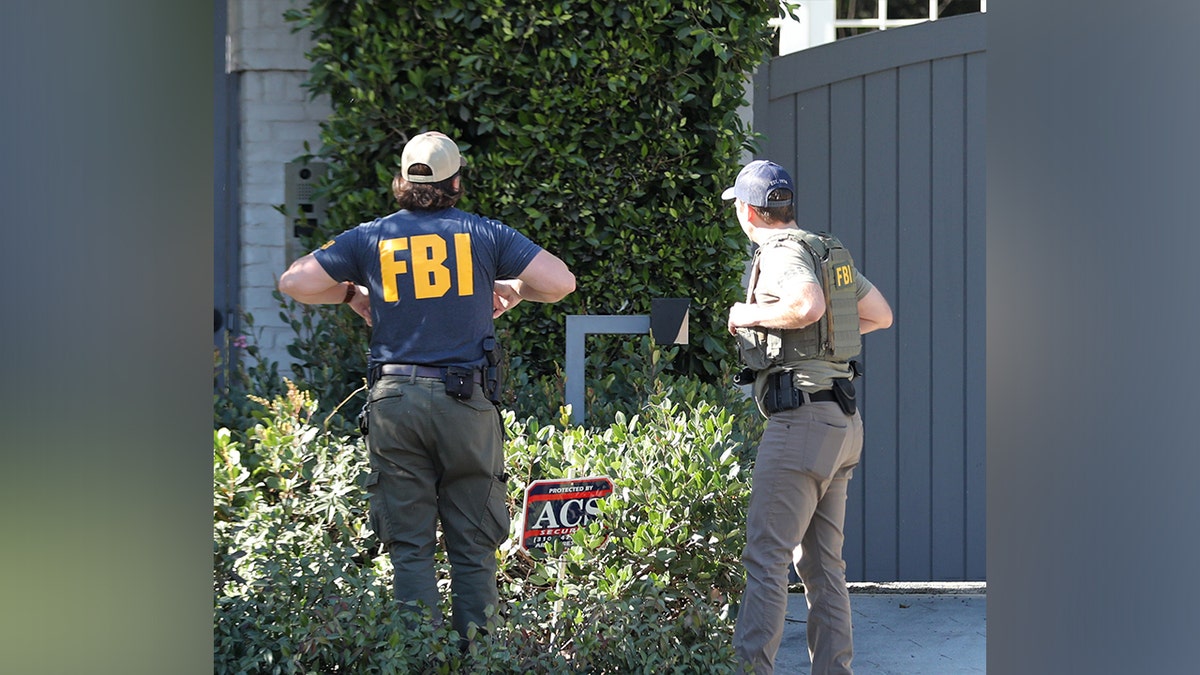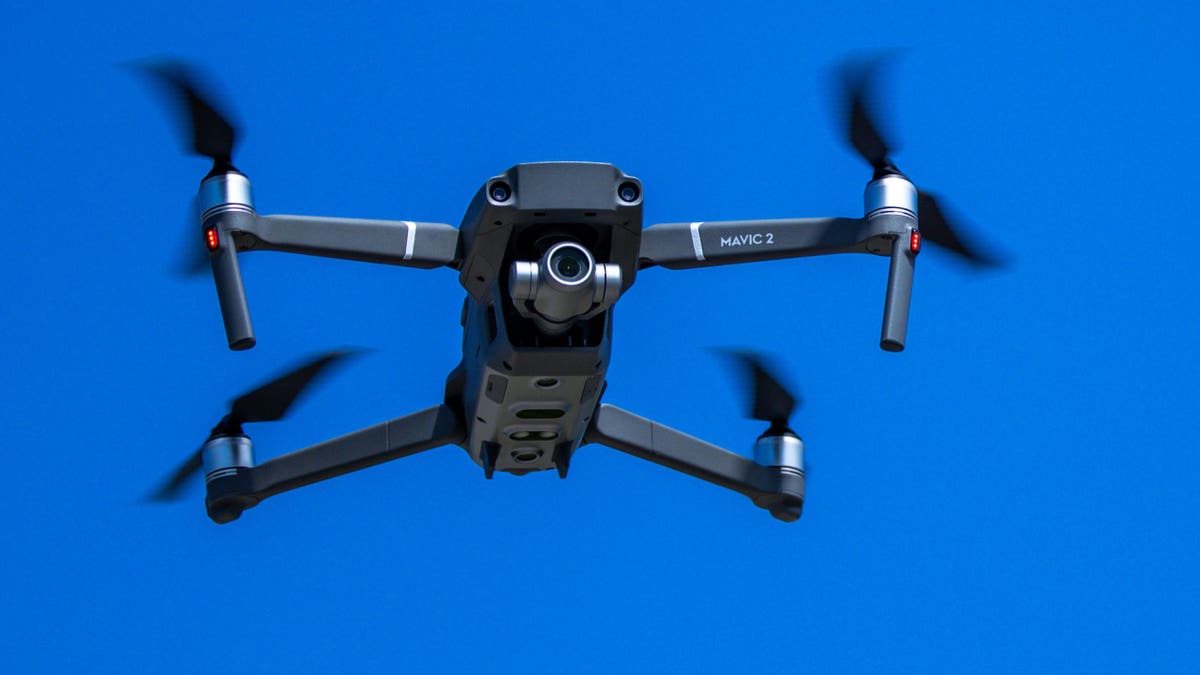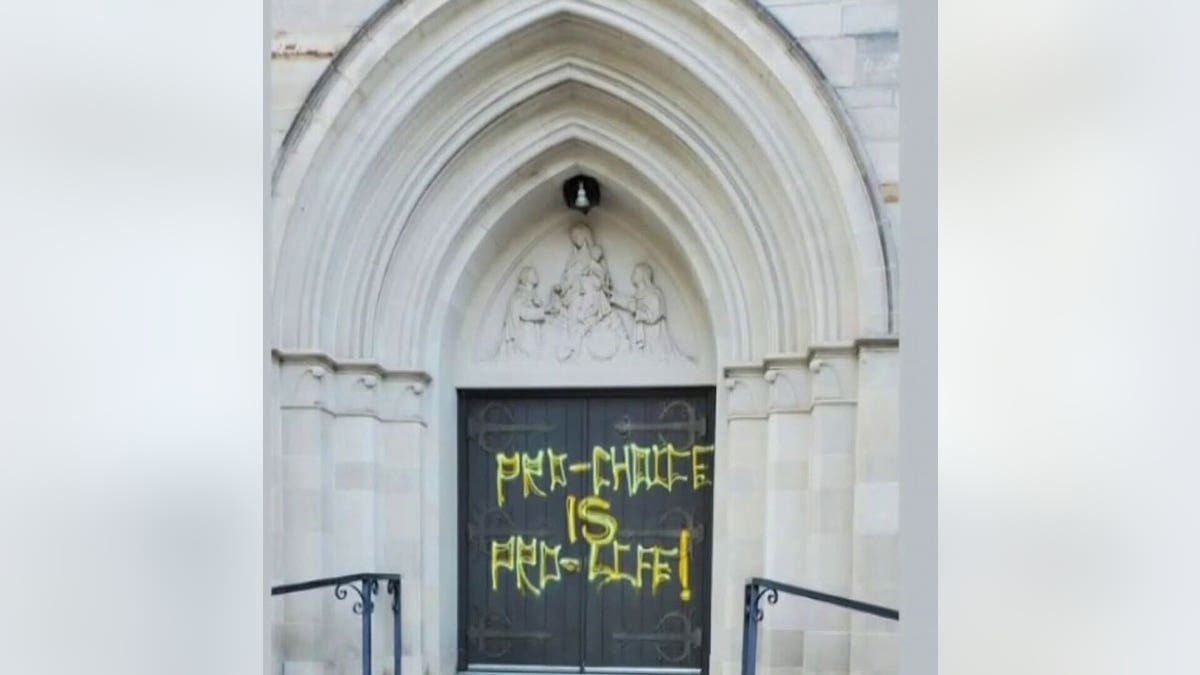In a dramatic escalation of South Korea's political turmoil, the National Assembly voted on Friday to impeach Acting President Han Duck-soo. This move further complicates the crisis initiated by President Yoon Suk Yeol's controversial declaration of martial law and subsequent impeachment.
The impeachment strips Han of presidential powers and duties pending a Constitutional Court review. The court is already deliberating on Yoon's impeachment, and this second impeachment exacerbates the political instability, economic uncertainty, and damage to South Korea's international standing.
The impeachment motion passed with a 192-0 vote, boycotted by the governing People Power Party (PPP). PPP lawmakers protested vehemently, arguing the vote was invalid and demanding the Speaker's resignation, though no violence ensued. The dispute centered on the required majority for impeachment, with the PPP claiming a two-thirds majority was necessary, while the Speaker declared a simple majority sufficient for an acting president.
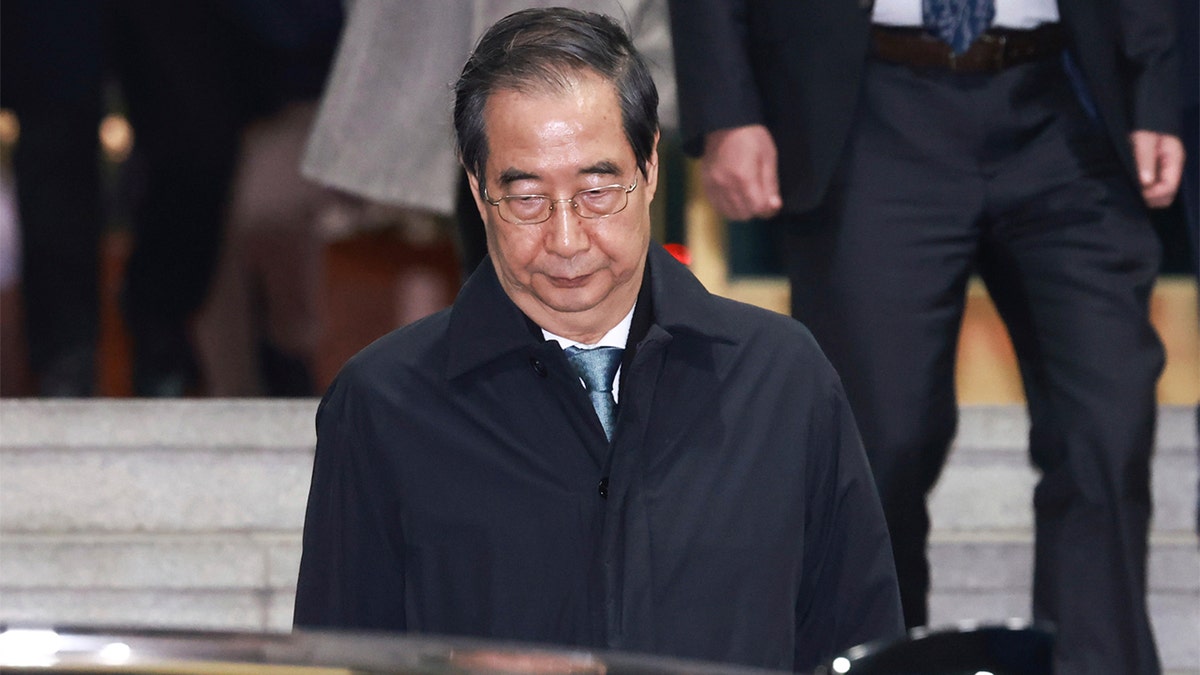
Han expressed regret over the impeachment but affirmed respect for the Assembly's decision. He pledged to suspend his duties to avoid further disruption and await the Constitutional Court's ruling. Deputy Prime Minister and Finance Minister Choi Sang-mok assumed presidential duties. Choi promptly directed the military to heighten readiness to deter North Korean provocations and assured international partners of South Korea's continued foreign policy stance.
Han's impeachment stems from clashes with the opposition Democratic Party over filling Constitutional Court vacancies, investigating Yoon's martial law decree, and pro-farmer legislation. The core issue is the Democratic Party's insistence on appointing three new justices to the Constitutional Court before its ruling on Yoon's impeachment. This is a contentious point because six justices are required to dismiss a president, and adding justices could influence the outcome. Yoon's allies oppose the appointments, arguing Han shouldn't exercise such authority while Yoon's status remains unresolved.
Han's refusal to appoint justices without bipartisan agreement led the Democratic Party to submit the impeachment motion. Meanwhile, investigations continue into Yoon's martial law declaration, focusing on potential rebellion and abuse of power. Yoon has not complied with requests for questioning, while his defense minister, police chief, and other military officials have been arrested over troop deployments during the standoff at the National Assembly.
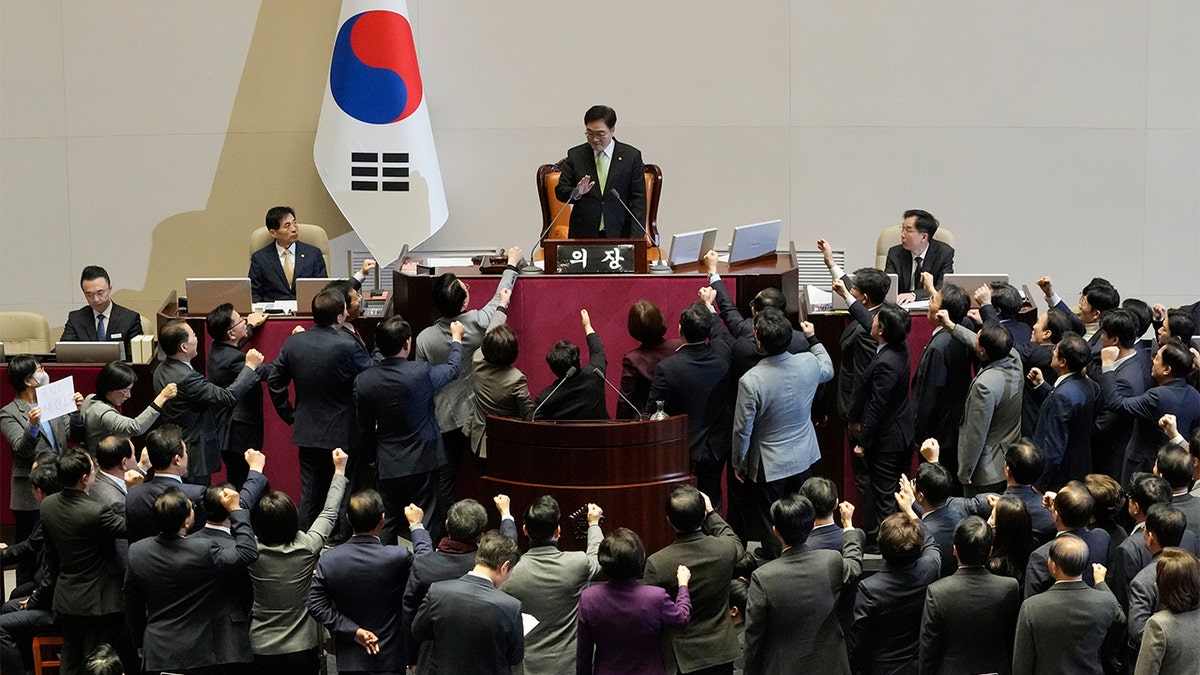
Reports indicate former Defense Minister Kim Yong Hyun, a close associate of Yoon, has been indicted for his alleged role in the martial law declaration, marking the first formal charges in the case. Han's impeachment motion accuses him of complicity in the martial law decree, obstructing the Constitutional Court appointments, and delaying investigations into Yoon's actions. The six-hour martial law period, the first in over four decades, sparked significant political upheaval, regional concern, and market fluctuations. Yoon defends the decree as a necessary measure against the Democratic Party's alleged obstruction of his agenda.

